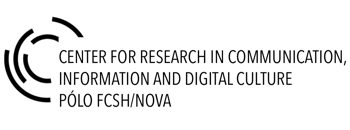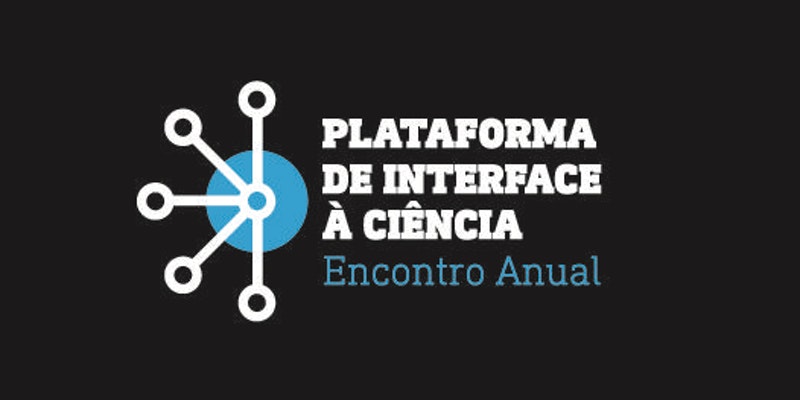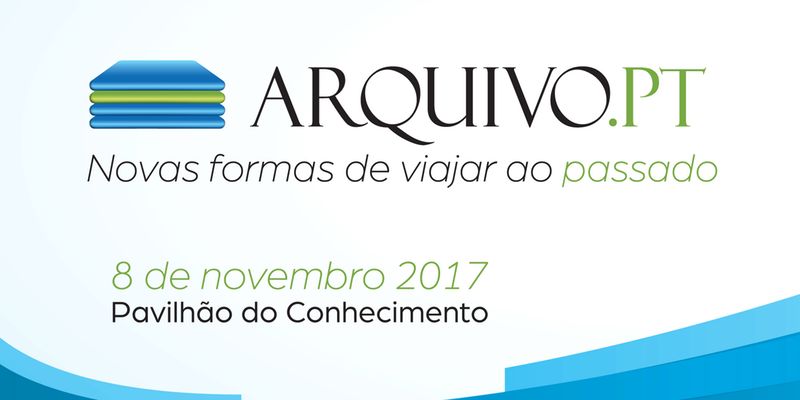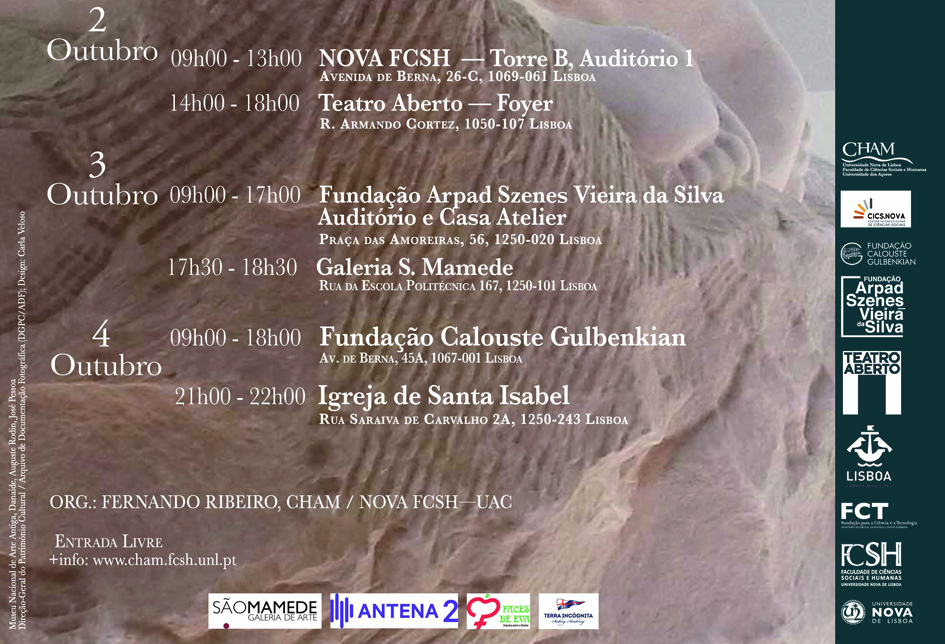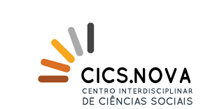The 2nd International Conference on Scandalogy is calling for paper proposals. The event will take place at the University of Bamberg, Germany, on the 29th and 30th of March 2018. According to the organisers, “a publication of selected articles is planned.”
The conference theme is “Cultures of Scandals – Scandals in Culture”. The organisers invite specifically two kinds of submissions: theoretical works on the concept of “scandal cultures” and case studies from different countries.
Paper abstracts must be submitted by the end of September 2017, and acceptees will be notified by the end of November.
The full call for papers is available on the conference website.
This Call for Papers invites submissions for the 2nd International Conference in Scandalogy: “Cultures of Scandals – Scandals in Culture”. With this overarching theme we attempt to consolidate two perspectives. On the one hand, we invite theoretical papers that help to shed light on the concept of scandal cultures. On the other hand, we are interested in case studies that illustrate the dynamics of scandalization in specific countries or cultures.
How certain actions lead to public outrage is an indicator for the specific scandal culture of a society (Hondrich 2002). For instance, sex scandals can end political careers in the USA. The recent case of Anthony Weiner illustrates this point. Nevertheless, the case of Silvio Berlusconi shows that there is a different “Mediterranean scandal culture”. In Germany power scandals as well as misconduct concerning German history and political culture are characteristic types of scandals (Esser & Hartung 2004). However, it appears that scandal cultures are mutable − although by a long process.
In 2016 we witnessed the rise of Donald Trump to become the 45th President of the United States, which could be seen as a turning point for our concept of scandalization: His racist and misogynist comments and his insults against minorities in general have not weakened him as a political actor. Does this mean we are witnessing a transformation of scandal culture in the USA? If so, what are the reasons for this and what are the consequences for dealing with future scandals and affairs?
Trump’s actions on the campaign trail cannot only be explained by intentional self-scandalization (Haller 2015), as the leaked audio footage of the notorious “Access Hollywood“-tape illustrates. Yet this particular case has shown that the logic of sex scandals in American politics is partly defunct. How can this drastic shift in this particular political scandal culture be explained? Has the moral code of American politics changed?
Arguably, in this context the rise of social media has transformed the economics of media attention. Trump’s tweets garner enormous publicity but do not appear to be explainable as strategic patterns of communication. However, Trump’s deliberate provocations produce more attention than the latest revelation about collusions with Russia. New media appears to affect the way that scandals can be mediated (and diverted) in public discourse by communicators of the journalistic and the political sphere. But has traditional reporting on scandals lost its effectiveness?
These examples show that the research of scandals lacks sufficient theoretical models which help conceptualizing variables of the journalistic, political, and cultural spheres to explain the process of scandalization. The analysis of cultures of scandals invites such theoretical approaches. We would like to see additional contributions that investigate the overlapping, differentiation, and cross-pollination of cultures of scandals. In short, we would like to know: Why does an action become a scandal in a specific country, while it is not being scandalized in another?
A number of studies deal with this question in a particular context and explore scandals in culture: So far, case studies have shed light on scandals and scandalization in Scandinavian countries (Allern & Pollack 2012; Herkman & Matikainen 2016; Ekström & Johansson 2008), in Great Britain (Thompson 2000), in the USA (Entman 2012), in Germany (Hondrich 2002; Esser & Hartung 2004), and in Switzerland (Haller 2015). Our call invites further contributions, also from other countries, that analyze scandals through case studies and on an empirical basis.
We are interested to bring the practitioners’ perspective into the academic field as well: Often, journalists are limited to describing and criticizing scandals instead of reflecting a potential lack of response by the public. One may argue this deficit could be alleviated if academic research and journalism would be more sensitive to characteristics of specific cultures of scandals. Therefore, we also invite submissions that are not limited to the academic field but deal with aspects of scandals and media.
Information on Paper Submission:
Abstracts should not exceed 300 words. Please include an additional short biographical note of no more than 150 words.
As the selection of abstracts will be peer-reviewed anonymously, we ask contributors to include a separate title page containing title, author/s, affiliation/s, and the address, phone, fax, and e-mail of the first author.
All submissions will be evaluated on relevance and originality, clarity of research purpose, grounding of theoretical and methodological approach, focus, and organization.
A publication of selected articles is planned.
Please email abstracts to andre.haller@uni-bamberg.de or hendrik.michael@uni-bamberg.de by September 30th 2017.
Notifications of acceptance will be sent out by the end of November.
University of Bamberg
Department of Communication Studies
Bamberg, Germany
29-30 March 2018
